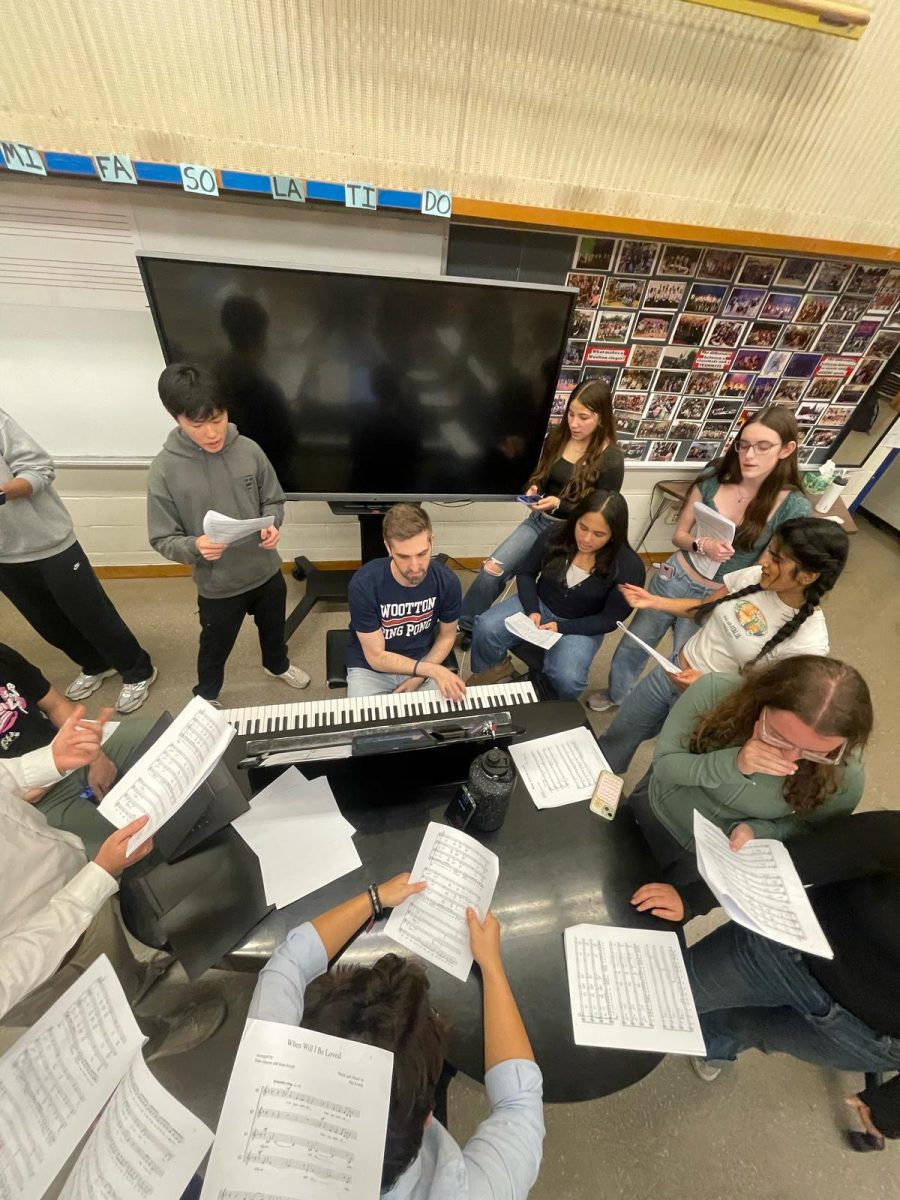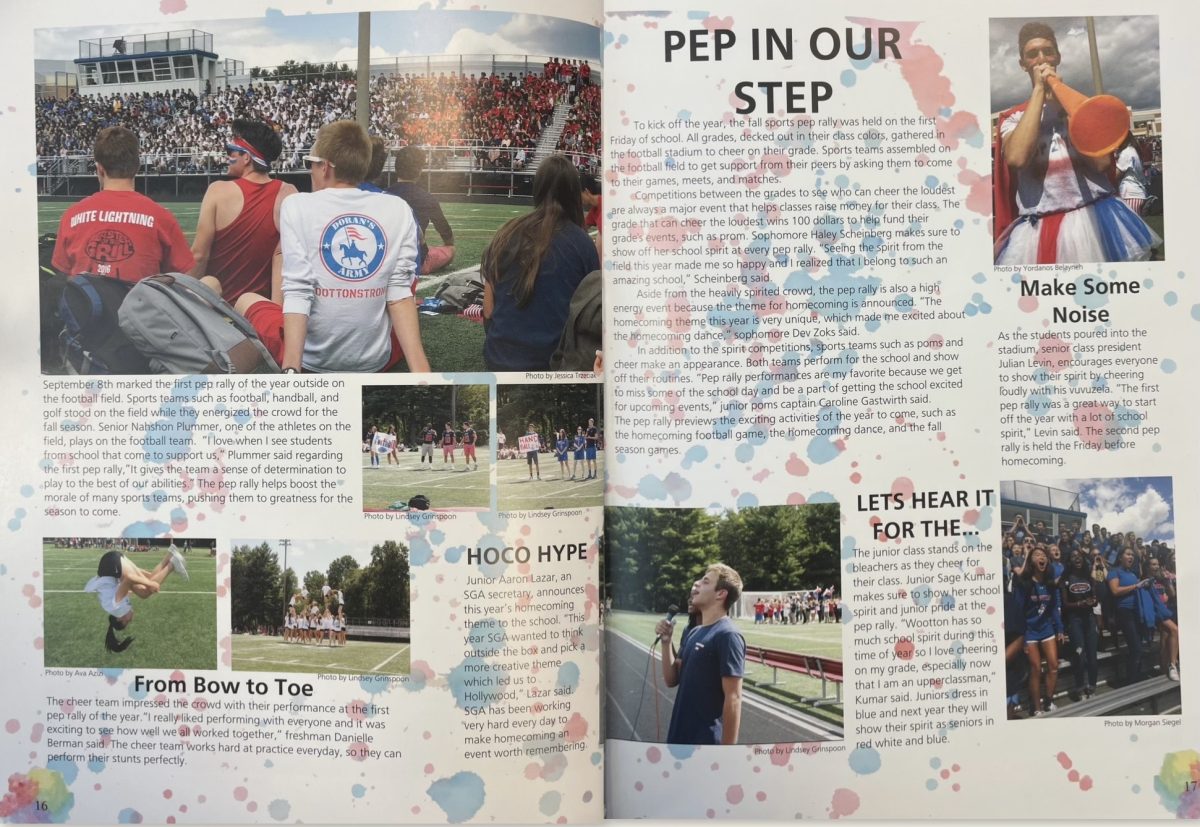As technology becomes smaller and faster, hoodie pockets become more practical and students become less prepared for tests, cheating becomes a predominant aspect of the school day.
I can tell you about a very close friend of mine who has cheated from freshman all the way through junior year.
Cheating has gotten easier for my friend over the years. Freshman year was met with caution, as a call home for hiding a flashcard in a pocket was not on his to-do list. Cheating that year took the form of asking friends what a BCR prompt would be, or getting the math answers during lunch. There was never a pursuit of multiple choice answers. My friend was a skeptic and always worried that there could be numerous forms for any quiz.
Sophomore year bore an evolution of tactics. My friend found out about slader.com. The website is home to countless textbook answers all with work shown. This source was not always necessary as writing down random things that looked reasonable often got my friend credit.
Junior year proved to be a challenge as the courses he was taking were more advanced, and consequently created a greater risk of being caught. Slader remained an ally for precalculus, but a new approach had to be taken for other courses. This was the first time my friend used his phone. A risky tool, the phone was concealed with the utmost care. He hid the phone behind a bundled up sweatshirt on his desk, in his pocket or between his legs. Truly stealth was of the utmost importance.
The phone itself was used in many ways. From airdropping photographs of quizzes to finding a secondary purpose to the popular quizlet app, the phone was the newest addition to my friend’s repertoire.
Surprisingly, senior year for my friend has been cheat free. His schedule includes classes that play to his stronger suits and passions. His need to cheat has gone down and his need to prove to himself that he does not need to cheat has increased dramatically.
My friend agrees that over the years, cheating has become easier. However, he doesn’t find that the increase requires a response. My friend argues that academic dishonesty is not the enemy. A student engaged in class discussion does not need to cheat. A student who retains the information from a well taught lesson will never cheat. He knows this because more often than not, he has been taught by great teachers with great lesson plans. He did not cheat every day in every class. He cheated by necessity on isolated occasions that required him to do so. Cheating became easier for him over the years because there was a need to come up with new strategies.
When one cheats, they assume a risk. The school should stop focusing on the act of cheating and spend more time questioning its causes. If one thing is for sure, methods of cheating will continue to evolve. Teaching must evolve as well.
Josh Friedman
Opinion Editor








